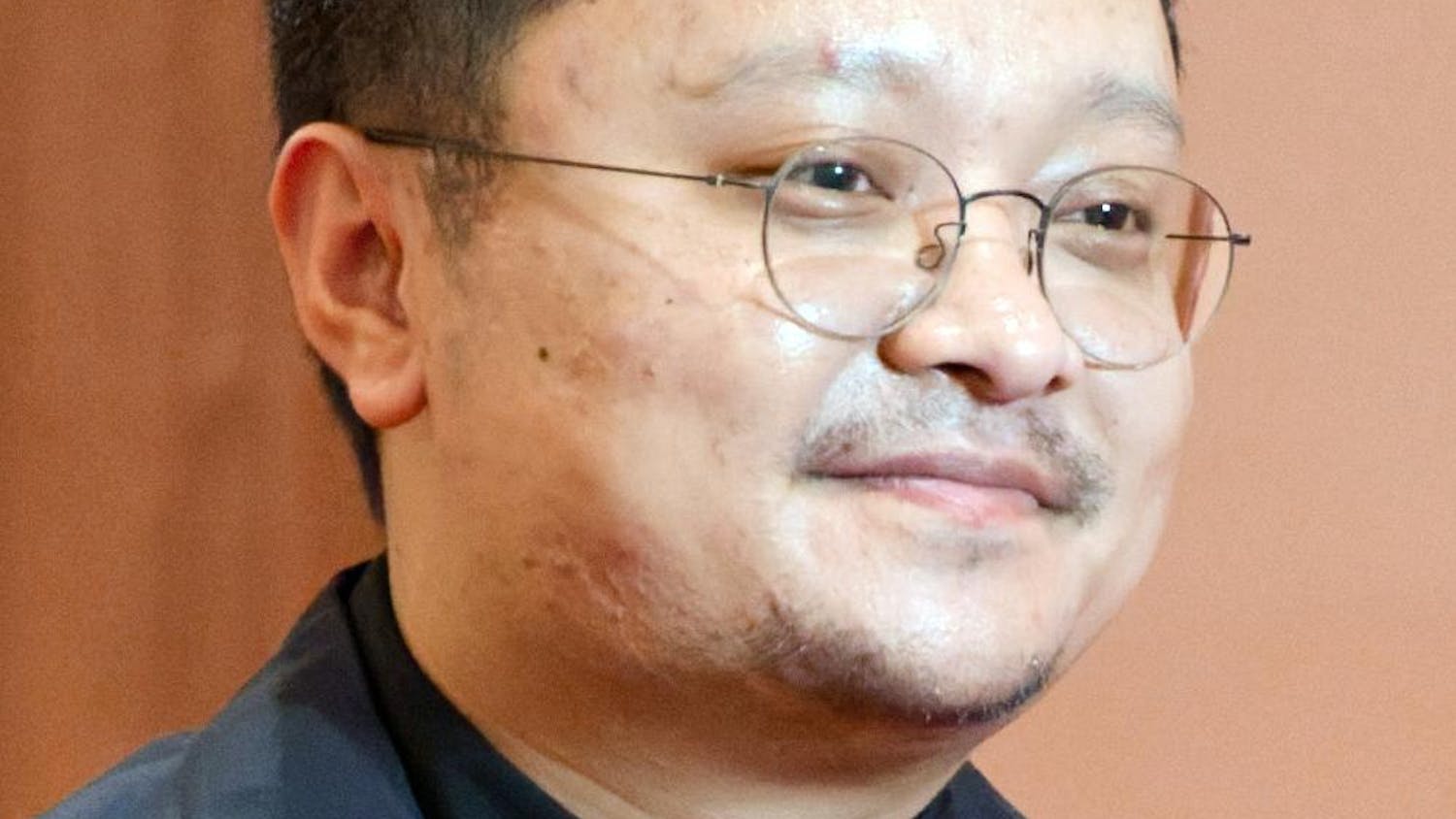Sundance films are always hit or miss. With the exception of a few cult-classics and box-office phenomena like "Little Miss Sunshine" (2006) and "500 Days of Summer" (2009), most of these indie films are rejected by the mainstream masses and doomed to obscurity. Based on the novel by David Foster Wallace, "Brief Interviews with Hideous Men" is another Sundance disappointment marked by its fragmented, pretentious and uninspiring exploration of the male psyche.
Filmed by actor and first-time director John Krasinski (popularly known as Jim from a little show called "The Office"), "Brief Interviews" follows the story of Sarah Quinn (Medford's very own Julianne Nicholson), a young woman doing her dissertation in anthropology at a prestigious East Coast university. The heartache from an unexpected breakup leads Quinn to channel her frustrations into her work as she tries to figure out where her relationship went wrong. By conducting a series of interviews and casual observations of her male subjects, Quinn hopes to unravel what exactly goes on in the minds of men as they ponder the age-old question, "What do women want?"
Unfortunately, Krasinski's attempt to adapt Wallace's novel into a bitingly dark comedy fails at the onset. "Brief Interviews" opens with Subject 14 fidgeting in his seat and nervously stumbling over his words as he tries to explain that he really isn't a political person. After several minutes of pointless buildup, he finally confesses that he suffers from bizarre patriotic outbursts, yelling "Victory for the forces of democratic freedom!" whenever he is with a woman.
As with many of the other vignettes in "Brief Interviews," this scene has the potential to be funny, or at least mildly entertaining, but it drags on for way too long. The audience grows restless having to listen to Subject 14 ramble on for what seems like an eternity before he gets to the punch line. And by that time, who really cares?
One of the major problems with the film is that many of the characters do a lot of talking without actually saying much. Krasinski forces the audience to endure a series of dense, self-indulgent rants from many of Quinn's subjects.
For example, Dominic Cooper is captivating as a student who uses his own ill-fated experiences to justify to Quinn the offensive arguments he makes in his paper. Cooper's character is poignant while defending his controversial point of view, but the effectiveness of the dialogue is lost because he gets so caught up in philosophical and intellectual jargon. Viewers get exhausted just from listening to him.
"Brief Interviews" also lacks cohesion and a definitive viewpoint. The film is essentially made up of a random collection of disparate confessions from different men, as the title implies. Each interview is seemingly unrelated to the others, with no real thread tying the subjects together.
"Brief Interviews" tries to reveal the complexity and depth of the male psyche, with each subject exemplifying the ways in which men are hideous. But from the guy who uses his disability to get sympathetic women to sleep with him to the jerk who can expertly break up with women so that they're the ones who end up feeling bad about it, it's all been seen before. After watching all 80 minutes of the film, "Brief Interviews" fails to provide any new insight into the way the males think or to make any real point about men other than the fact that they're hideous.
Although it's evident that Krasinski put his all into writing and directing "Brief Interviews," Wallace's novel ultimately doesn't translate too well on screen. The film tries too hard, and the overwhelming passion Krasinski has for the novel isn't enough to make Wallace's work palatable to most moviegoers.
As with every indie flick, there are bound to be some artsy intellectuals who laud "Brief Interviews" as an incredibly thought-provoking film that pushes the envelope and truly embodies the complexities behind the male sex. Except for a few noteworthy scenes, the majority of moviegoers will find that the film has a weak plot and overall lack of direction. Luckily for disappointed "Office" fans, it's pretty safe to assume that John won't be leaving his day job anytime soon.





